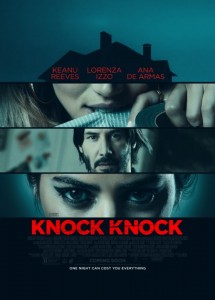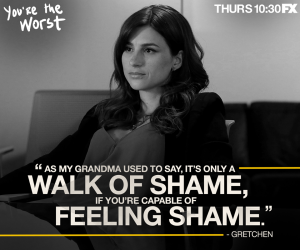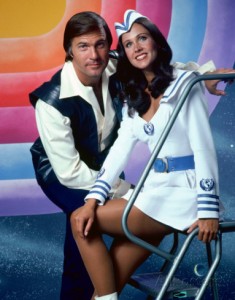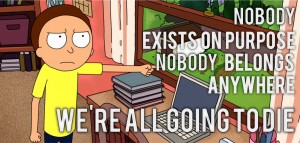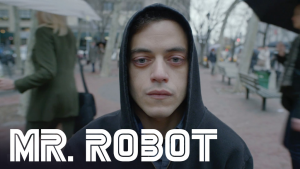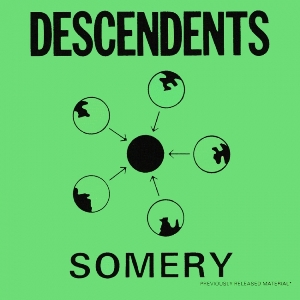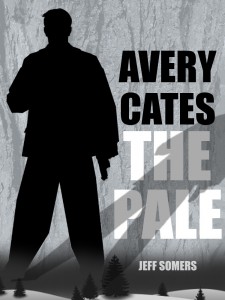Let’s Do the Time Warp Again
Time, my eternal enemy. Look, we’re all busy, and if you’re a writer or some other creative type who also has to do other things to keep yourself in whiskey and Netflix, time begins to form up into your greatest foe, constantly conniving to steal your life right out from under you. Once you pass a certain age — different for everyone, but essentially the Rubicon between your carefree youth when spending hours watching cartoons while day drinking was a constructive use of your time and your maturity when every day is a heart-attack-inducing marathon of squeezing ninety minutes of activity into sixty minutes of actual time — time is the biggest obstacle to achieving things.
Unless you’re me. In which case it’s not so much time as your perception of time.
it was autumn by the time I got around the corner
I’m fairly famous in my household for having absolutely no idea how long anything actually takes. I am always confident I can walk anywhere in about five minutes, that chores will take about an hour no matter what they involve, and that I always have about fifteen minutes to spare no matter when I’m supposed to be somewhere. Put simply, time is a foreign country and I have never learned the language.
This also means that for a very long time I felt like I had no time to do anything, and as a result I worked constantly at writing, because I was convinced I was squeezing in about five minutes of work every day. As a result I’m reasonably prolific, because I always work like my time is about to run out. As another result, I disdain revision and contemplation because my god man time is running out.
I had an epiphany a long time ago wherein I realized that I waste a monumental amount of time. This was an accurate but ultimately unhealthy epiphany, because it exacerbated my sense of time pressure, because now not only was The Man stepping on my neck in terms of time as a precious resource, I was stepping on my own neck. But it’s true: I like to waste time. It’s actually part of my creative process, sitting here doing nothing but mildly entertaining myself. But it was helpful to understand that my feeling that I was always lacking the time to work on projects wasn’t anybody else’s fault; if friends and family, bosses and colleagues used up hours of my day every day, well, I wasted just as many, so how could I get all pissy about it?
a whole lotta nothin’
A side effect of my complete bafflement with time is the constant feeling I haven’t actually done much. In 2015, I wrote two novels, 18 short stories, a screenplay, and hundreds of essays, and yet I feel like I’m always spinning my wheels and failing to produce enough material. Life is short, I am told I will die someday (I have my doubts), and as a result life is a race to write as much good stuff as possible. And I always feel like I’ve got nothing to show for my time.
It’s a disease, of course. If you’re waiting for me to keep an appointment and get that sinking feeling that I once again thought a one-hour commute would take only fifteen minutes, it might be amusing or irritating. From my point of view it’s exhausting, and yet in a lot of ways it’s the engine that drives my work. In the end it will kill me, either from the stress or from a miscalculation involving how quickly it takes a grown man to run across a busy street or train tracks.


